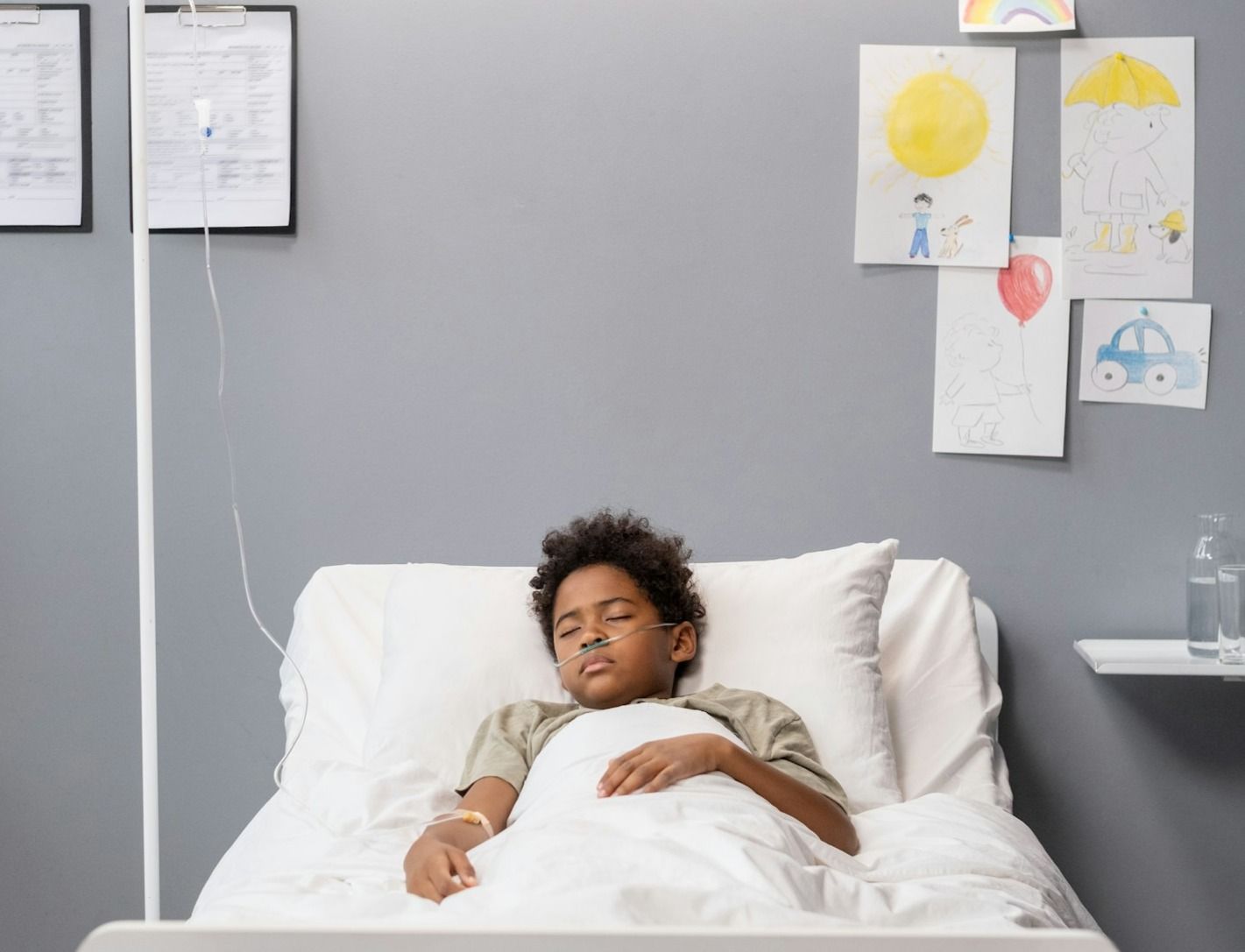The phrase 'diagnostic odyssey' is well known among those in the rare disease community, with a long and convoluted path to a definitive diagnosis being all too common. Sadly, the moment that a diagnosis is made does not automatically alleviate the emotional burden on patients and their families. It is psychologically complex and can pose an equivalent emotional odyssey' all of its own.
While this impact is recognized, there was no one place where all the current evidence and good practice was drawn together.
During 2021, RBW Consulting partnered with Rare Disease Research Partners, an organization focused specifically on supporting research and access to treatment for people living with rare conditions, and worked with a wide range of experts within the field, to try and change that.









